Ajay Srinivasamurthy
Unified Modeling of Multi-Domain Multi-Device ASR Systems
May 13, 2022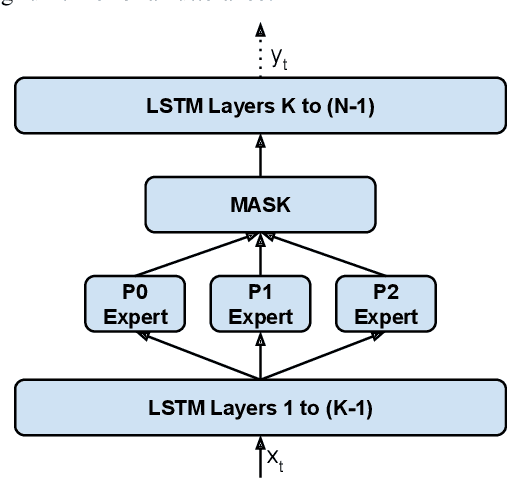

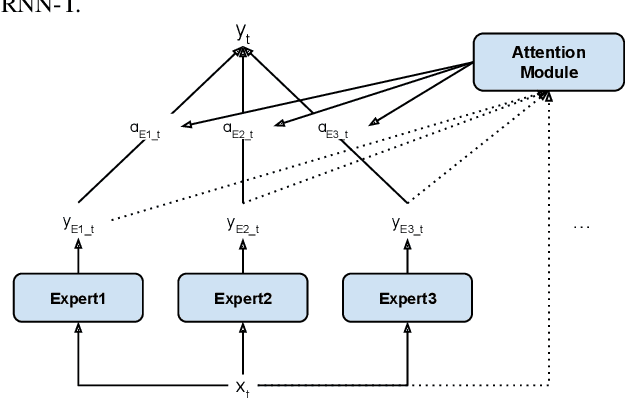
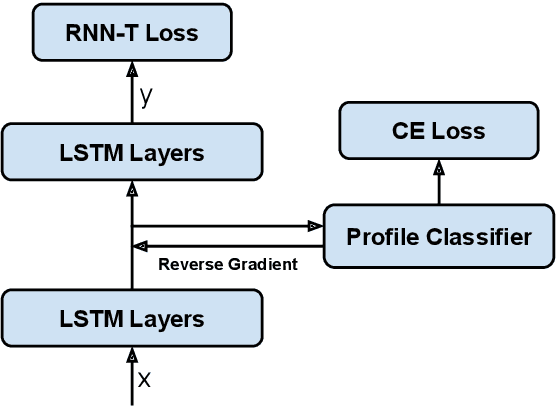
Abstract:Modern Automatic Speech Recognition (ASR) systems often use a portfolio of domain-specific models in order to get high accuracy for distinct user utterance types across different devices. In this paper, we propose an innovative approach that integrates the different per-domain per-device models into a unified model, using a combination of domain embedding, domain experts, mixture of experts and adversarial training. We run careful ablation studies to show the benefit of each of these innovations in contributing to the accuracy of the overall unified model. Experiments show that our proposed unified modeling approach actually outperforms the carefully tuned per-domain models, giving relative gains of up to 10% over a baseline model with negligible increase in the number of parameters.
Metrical-accent Aware Vocal Onset Detection in Polyphonic Audio
Jul 19, 2017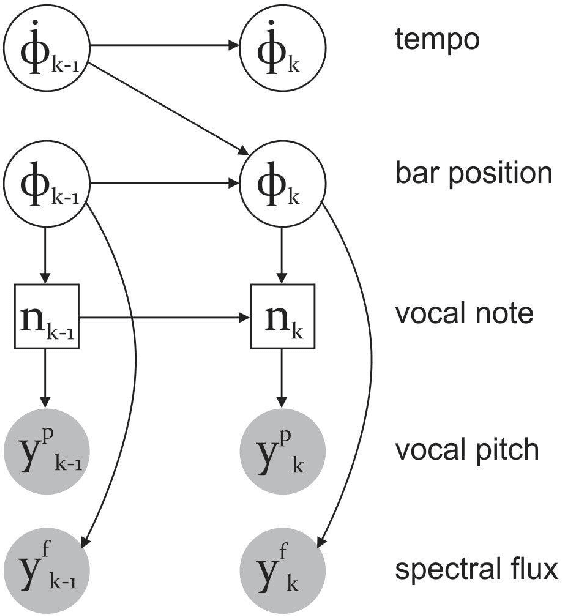

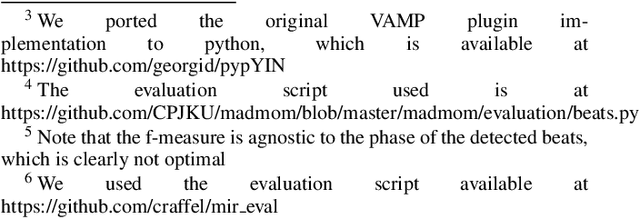
Abstract:The goal of this study is the automatic detection of onsets of the singing voice in polyphonic audio recordings. Starting with a hypothesis that the knowledge of the current position in a metrical cycle (i.e. metrical accent) can improve the accuracy of vocal note onset detection, we propose a novel probabilistic model to jointly track beats and vocal note onsets. The proposed model extends a state of the art model for beat and meter tracking, in which a-priori probability of a note at a specific metrical accent interacts with the probability of observing a vocal note onset. We carry out an evaluation on a varied collection of multi-instrument datasets from two music traditions (English popular music and Turkish makam) with different types of metrical cycles and singing styles. Results confirm that the proposed model reasonably improves vocal note onset detection accuracy compared to a baseline model that does not take metrical position into account.
 Add to Chrome
Add to Chrome Add to Firefox
Add to Firefox Add to Edge
Add to Edge